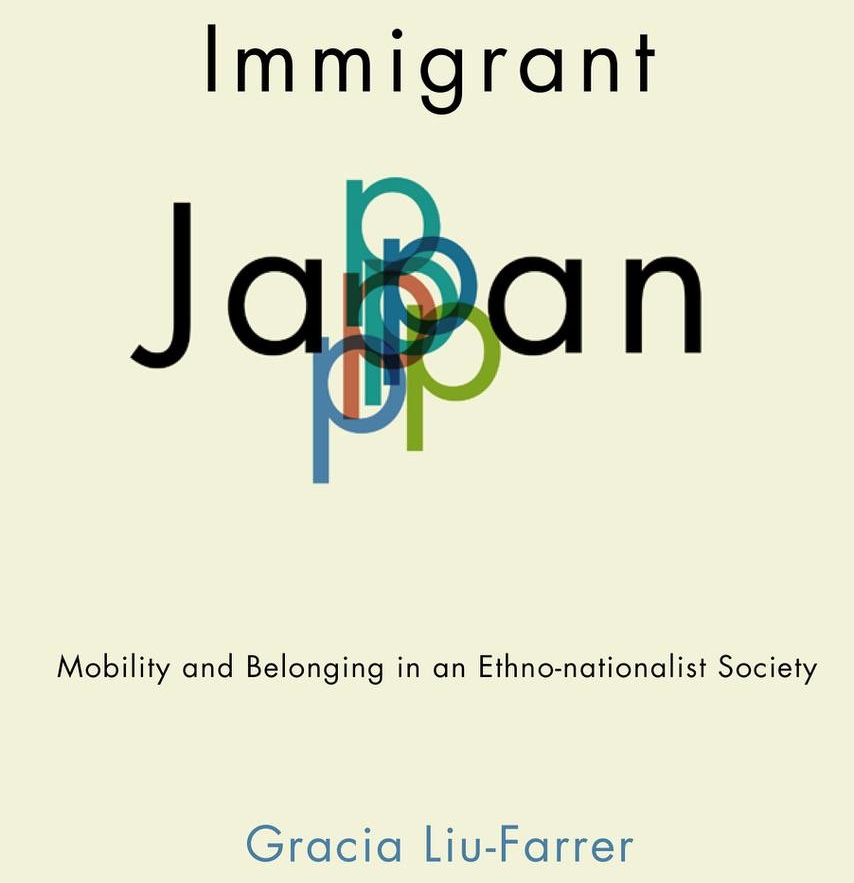Is Japan an “immigrant country”? For many of us, the instinctive response to this question is “no” — and for legitimate reasons. Yet in her book “Immigrant Japan,” Gracia Liu-Farrer argues that Japan is already such a country — one "that provides foreign nationals multiple legal channels to enter and legal paths and institutional frameworks for permanent settlements.” Japan is also, however, a place where millions of immigrants face constant challenges, torn on the issue of whether they belong here or not.
Liu-Farrer is a former Chinese national and opens the book by sharing her experience of naturalizing as a Japanese citizen. This book is the result of two decades of research and draws on interviews with 178 people who entered Japan as adults and 51 children of immigrants aged between 15 and 33 years at the time of their interviews. While the majority are Chinese and Korean — the largest immigrant communities in Japan — there are also people from the Philippines, Vietnam, Brazil, Europe and the U.S., among others. Through the narratives of her interviewees, Liu-Farrer elucidates the lives of these migrants, their reasons for moving to Japan, working experiences and the educational paths the children of immigrants have navigated.

















With your current subscription plan you can comment on stories. However, before writing your first comment, please create a display name in the Profile section of your subscriber account page.